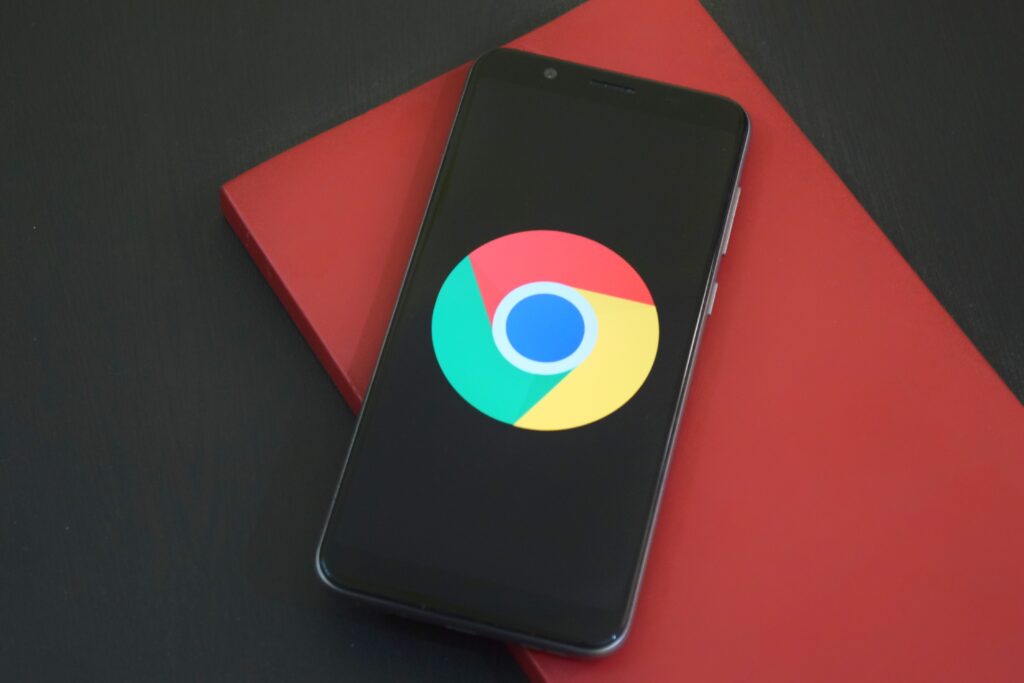In an era where data privacy is becoming increasingly important, Google has announced a slew of new privacy features that it claims will give users more control over their data. But the question is: are these features enough, or are they just a case of too little too late?
One of the new features is called Privacy Dashboard, which gives users an overview of the data that Google has collected about them. This includes information on the websites they’ve visited, the apps they’ve used, and the searches they’ve made. The idea is that users can use this information to better understand their online behavior and make informed decisions about what data they want to share with Google.
Another new feature is called Quick Delete, which lets users delete their most recent search activity with just a few clicks. This is useful for users who want to quickly clear their search history without having to go through the more complicated process of deleting their entire search history.
Google is also introducing a new Guest mode for its smart speakers and displays, which will allow users to use the device without their activity being saved to their Google account. This is a significant step forward for Google, as it means that users who are concerned about their privacy can use the device without worrying about their data being collected and used for advertising purposes.
In addition to these new features, Google is also making changes to how it handles data from third-party apps. Under the new rules, developers will be required to be more transparent about the data they collect and how it is used. They will also be required to obtain explicit consent from users before collecting their data.
So, are these new features enough to make Google a more privacy-friendly company? The answer is complicated.
On the one hand, it’s clear that Google is making an effort to address users’ concerns about privacy. The new features and changes to its policies are a step in the right direction, and they show that Google is taking the issue seriously.
However, some critics argue that these changes are too little too late. Google has a long history of collecting vast amounts of data from its users, and it’s not clear that the company will be able to change its ways overnight. There is also concern that Google’s new features don’t go far enough in protecting users’ privacy.
For example, while the Privacy Dashboard is a useful tool for users to see what data Google has collected about them, it doesn’t give users the ability to delete that data. Users still have to go through a more complicated process to delete their data, which may discourage some from doing so.
Similarly, while the Quick Delete feature is a step in the right direction, it doesn’t address the larger issue of Google’s data collection practices. Users’ search history is just one small part of the data that Google collects from its users, and it’s not clear that Google is doing enough to protect that data.
In the end, the question of whether Google’s new privacy features are a step forward or too little too late is a complicated one. On the one hand, Google’s new features show that the company is taking privacy seriously and is making an effort to address users’ concerns. On the other hand, it’s not clear that these features go far enough in protecting users’ privacy, and there is still concern about Google’s data collection practices.
Ultimately, the decision of whether to trust Google with your data is a personal one. Users who are concerned about their privacy may want to consider using alternative search engines and email providers that have a stronger track record when it comes to privacy. However, for users who are comfortable with Google’s data collection practices, the new privacy features may be a welcome addition.









